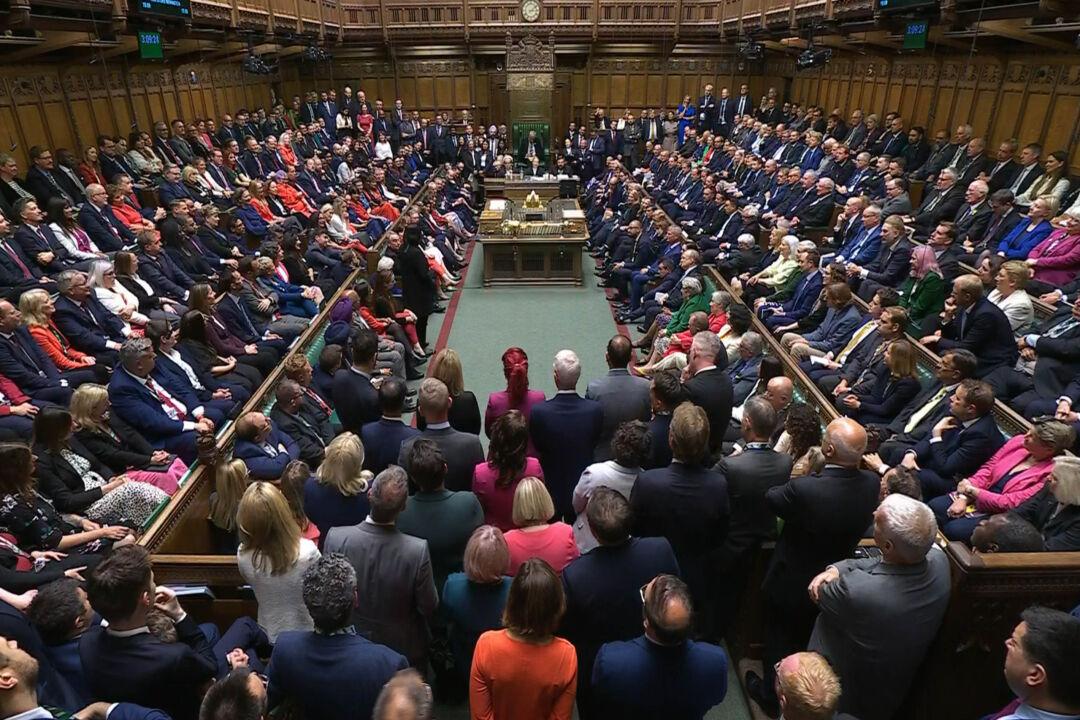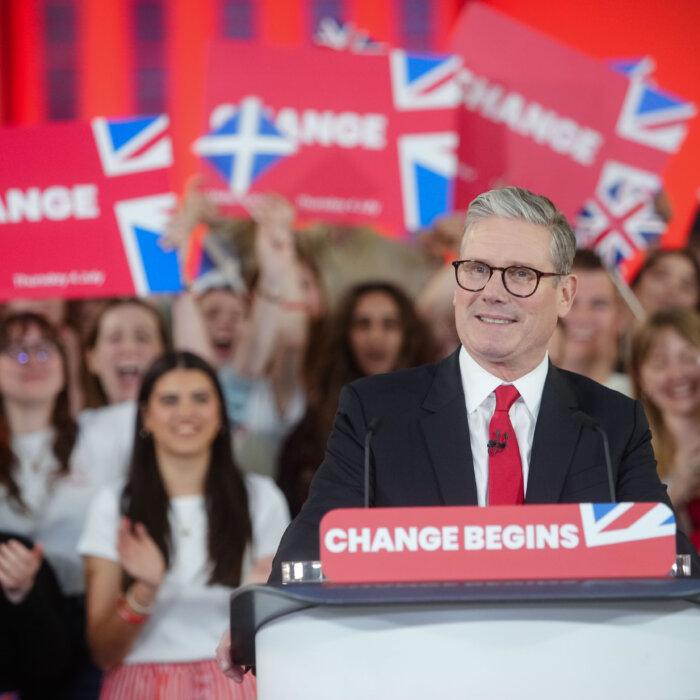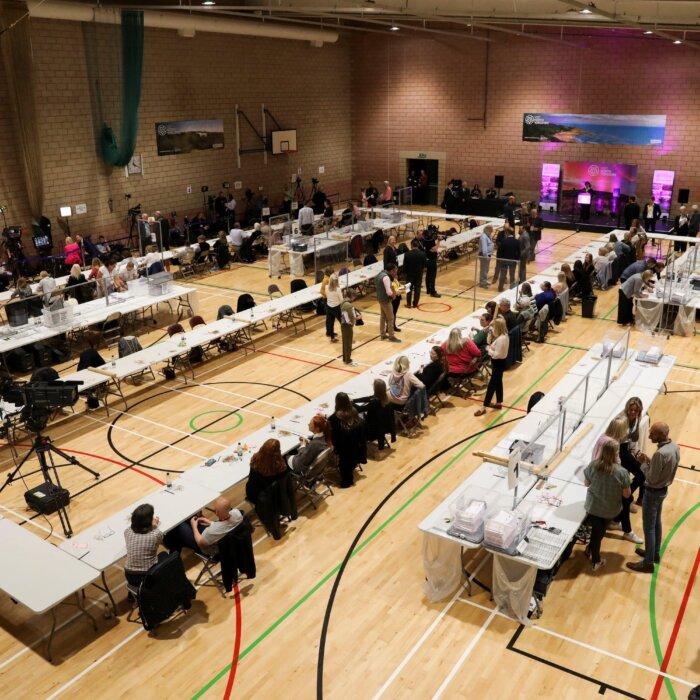The House of Commons has welcomed the newly elected MPs on Tuesday to kick off the swearing-in process, five days after the general election vote.
Tuesday saw MPs arrive at the Commons to swear in before they can take their seats in Parliament. MPs are not allowed to speak in debates, vote or draw a salary until taking the oath or affirmation.
The first order of business for the parliamentarians is the election of the election of the Speaker. Sir Lindsay Hoyle, serving as the Speaker since 2019 was re-elected by the House and was the first to take the oath.
Following the re-election of Sir Lindsay, Sir Keir, the leader of the opposition Rishi Sunak, leader of the Liberal Democrats Ed Davey, the SNP leader in Westminster Stephen Flynn, and other party leaders addressed the House and welcomed the new MPs.
In his first Commons speech as prime minister, Sir Keir said: “And now, as in any new Parliament, we have the opportunity and the responsibility to put an end to a politics that has too often seemed self-serving and self-obsessed, and to replace that politics of performance with the politics of service.”
Party leaders also congratulated the new Father of the House, Sir Edward Leigh, the longest continuously serving MP since 1983. Diane Abbott was commended as the Mother of the House, a role given to the longest-continuously serving female member of parliament.
Ms. Abbott celebrated the increased number of women in the House.
Rookies
Among the new cohort, 335 MPs are new to the job, including the first-ever Labour MP for Aldershot, Alex Baker, and the successor to Sajid Javid in Bromsgrove, Bradley Thomas. Three hundred MPs have been re-elected, while a further 15 are becoming MPs after a gap in service.Sir Lindsay thanked the House of Commons staff for supporting the new MPs. The rookie MPs are provided with a Chamber briefing, explaining the rules of conduct in Parliament, including the dress code and rules around “unparliamentary language.”
The other new arrivals were five Reform UK MPs, including party leader Nigel Farage and party chairman Richard Tice.
Members of the newly formed Cabinet, including Angela Rayner, Rachel Reeves and Yvette Cooper, will take their turn to swear-in. They will be followed by shadow cabinet ministers, privy counsellors and other ministers. MPs are then called in order of length of service in the House.
In the House of Lords, the swearing-in process is similar to the Commons procedure. Peers present the writs of summons at the Table of the House and then take the oath or affirmation.
The general election on July 4 saw all 650 Commons seats declared, with Labour securing 411 seats, followed by the Conservatives with 121, and Liberal Democrats with 72. Candidates from other parties, including the SNP and Reform UK, have taken the remaining parliamentary seats.
Northern Ireland’s Sinn Fein, which won seven seats, have a long-standing policy of abstentionism and don’t take their seats in Westminster.
The swearing-in process in the Commons would be expected to continue on July 10, 11, 15 and 16.
MPs won’t start debates in the House of Commons until the formal State Opening of Parliament on July 17. The King will deliver a speech from the Sovereign’s Throne in the House of Lords, setting out the government’s agenda.







